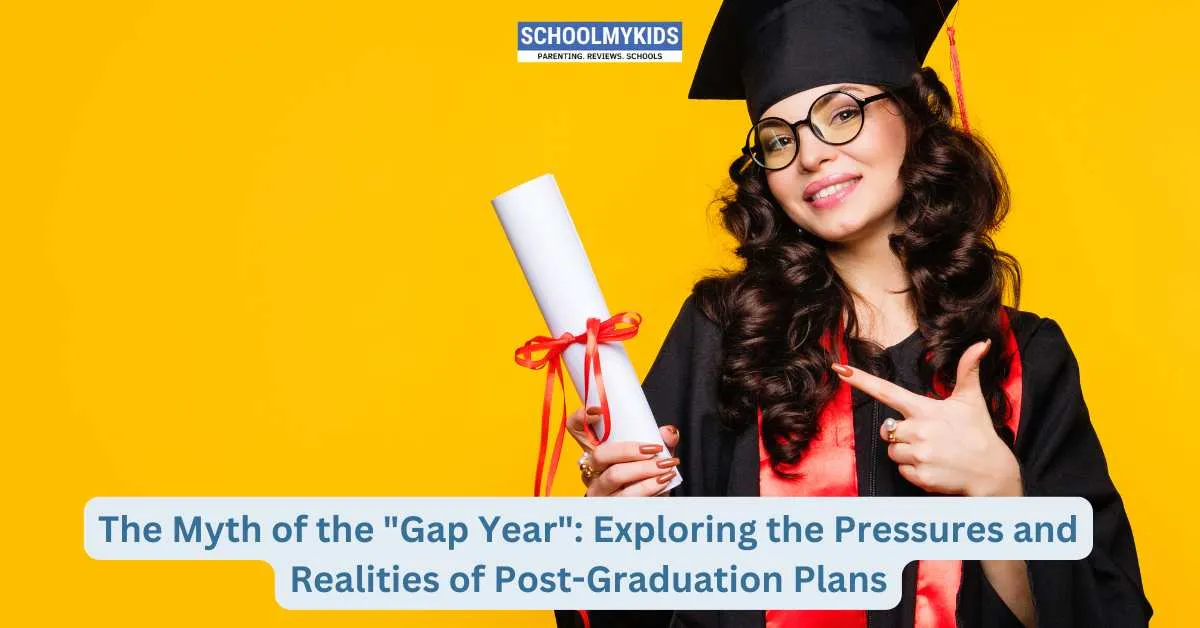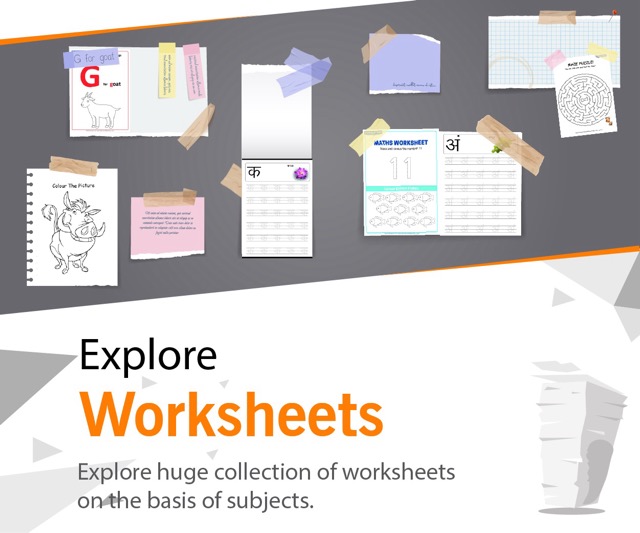Introduction
The term “gap year” has gained popularity in recent years, often portrayed as a liberating pause between school and college or college and work. But in reality, the choice to take a gap year—or not—can carry pressure, judgment, and confusion. Is it a break, a privilege, a fallback, or a risk?
The Pressure to Keep Moving
Many students feel they must move directly from one milestone to the next. Graduate school, job placements, and competitive exams often come with tight timelines. Parents, peers, and institutions subtly send the message: pause for too long, and you’ll fall behind. In this rush, students may ignore burnout, uncertainty, or the desire to explore alternative paths.
What a Gap Year Can Really Be
A gap year can be a period of intentional rest, travel, skill development, volunteering, or work experience. It can help students gain clarity about their interests, recharge emotionally, and mature outside the academic bubble. For some, it’s about recovery from mental health struggles or financial planning. For others, it's about discovering a path they hadn’t considered before.
The Role of Societal Judgment
Despite its benefits, taking a gap year is often viewed with suspicion in some cultures, especially in India. It may be seen as a sign of failure, laziness, or lack of direction. Students are expected to justify the break with a solid “plan,” which undermines the very idea of rest and reflection. This creates pressure to make every moment of the gap year appear productive.
Gap Year vs. Career Narrative
The gap year debate often boils down to employability. Will taking time off make you less competitive? The truth is, many global employers now value gap years—if students can show they used the time meaningfully. Gaining real-world experience, learning new skills, or even simply developing emotional maturity can be assets in interviews and applications.
Making a Gap Year Work for You
If you’re considering a gap year, clarity of intention helps. Create a rough structure, even if it includes rest. Ask: What do I want to learn? What experiences am I seeking? How will this help me grow? Keeping a journal or documenting your journey can help when it’s time to explain the gap in resumes or applications.
Conclusion
Taking a gap year isn’t a failure, nor is it a trend. It’s a deeply personal decision that requires courage, planning, and self-awareness. Let’s stop framing the gap year as a detour and start seeing it as an opportunity to breathe, grow, and discover—with or without a roadmap.









Be the first one to comment on this story.